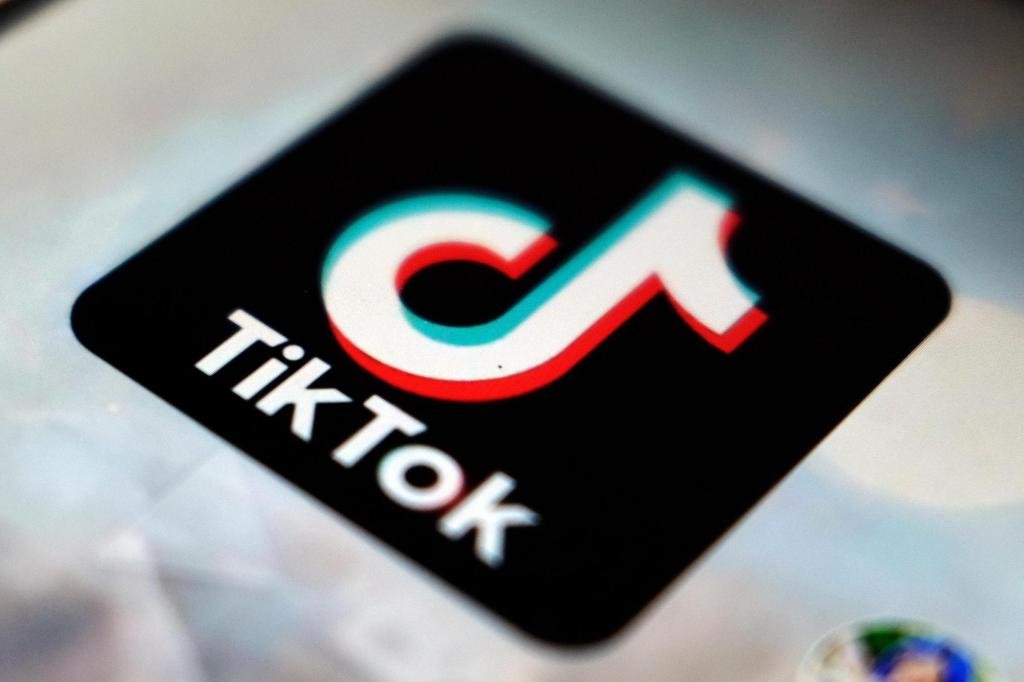The Ongoing TikTok Controversy: National Security Risks and Legal Battles
The unfolding saga surrounding TikTok’s status in the U.S. has captivated the nation, especially in light of a recent temporary reprieve from a ban that was seen as vital for national security. Back in early 2025, President Donald Trump invoked his executive powers to halt a law endorsed by Congress, which solidified a ban on the popular social media app due to its ties to China. Despite a unanimous Supreme Court ruling that reinforced this stance, TikTok remains accessible to its 170 million users in America. Surprisingly, only a handful of complaints from the 431 congressional members who participated in the legislation have emerged, highlighting the app’s popularity even amid national security concerns.
The bipartisan consensus regarding TikTok’s potential threats to national security stems from its parent company, ByteDance, based in China. Justice Neil Gorsuch of the Supreme Court emphasized that TikTok has access to enormous amounts of data, which could be exploited by the Chinese government to potentially track U.S. government and commercial personnel. With such pronounced risks, many expected a flurry of legal challenges against Trump’s executive maneuvers. However, the backlash has been surprisingly muted. Legal experts like Alan Rozenshtein suggest that the loss of a clear legal front to challenge the decision stems from both a lack of standing and the overwhelming support of everyday users who find value in the app.
Trump’s pivot on TikTok is particularly noteworthy; he initially advocated for a ban citing national security but shifted gears during his 2024 campaign, positioning himself as a champion for the platform. This change comes as he acknowledges TikTok’s influence on younger voters and its role in facilitating his political messaging. The pause on the ban—initially set for 75 days—seems to defy legal parameters, as experts point out that the law doesn’t allow such flexibility without a formal sale in the pipeline. Yet, in the grand scheme of politics, the result hints at a broader struggle where popularity of the app may outweigh regulatory concerns.
Tech companies, including industry giants Apple, Google, and Oracle, have played along with the presidential directive but face potential liabilities for their continued support of TikTok. As Democrats point out, these companies could be opening themselves up to multi-billion dollar lawsuits due to their facilitation of the app’s operations. Uncertainty clouds their intentions, particularly when the Biden administration steps in and could possibly pursue action against these tech firms in the future. The situation indicates a complex interplay between corporate decisions, public sentiment, and political maneuvering, underpinning the significance of social media in contemporary governance.
In the backdrop of this political drama, a host of potential buyers for TikTok emerge, including tech firms and private investors eager to capitalize on its U.S. operations. These bidders are either reformulating TikTok’s infrastructure with fresh business models or capturing it outright to mitigate national security concerns. For instance, a consortium led by billionaire Frank McCourt is reportedly offering $20 billion for the U.S. platform, advocating for enhanced user data controls through new technologies. Thus, there’s an active market pushing for a solution that both satisfies market demand and addresses broader geopolitical apprehensions.
The current trajectory of TikTok’s future remains at a crossroads. With legal battles simmering beneath the surface and companies weighing their risks, the controversies surrounding national security and user rights will certainly shape the apps’ narrative moving forward. As the existing players – from legislators to tech titans – navigate this intricate web of interests, TikTok’s next chapter continues to hinge precariously between public enthusiasm and regulatory vigilance. For the millions of users who rely on the platform for expression and connection, the outcome may significantly influence the future of digital communication in America.





